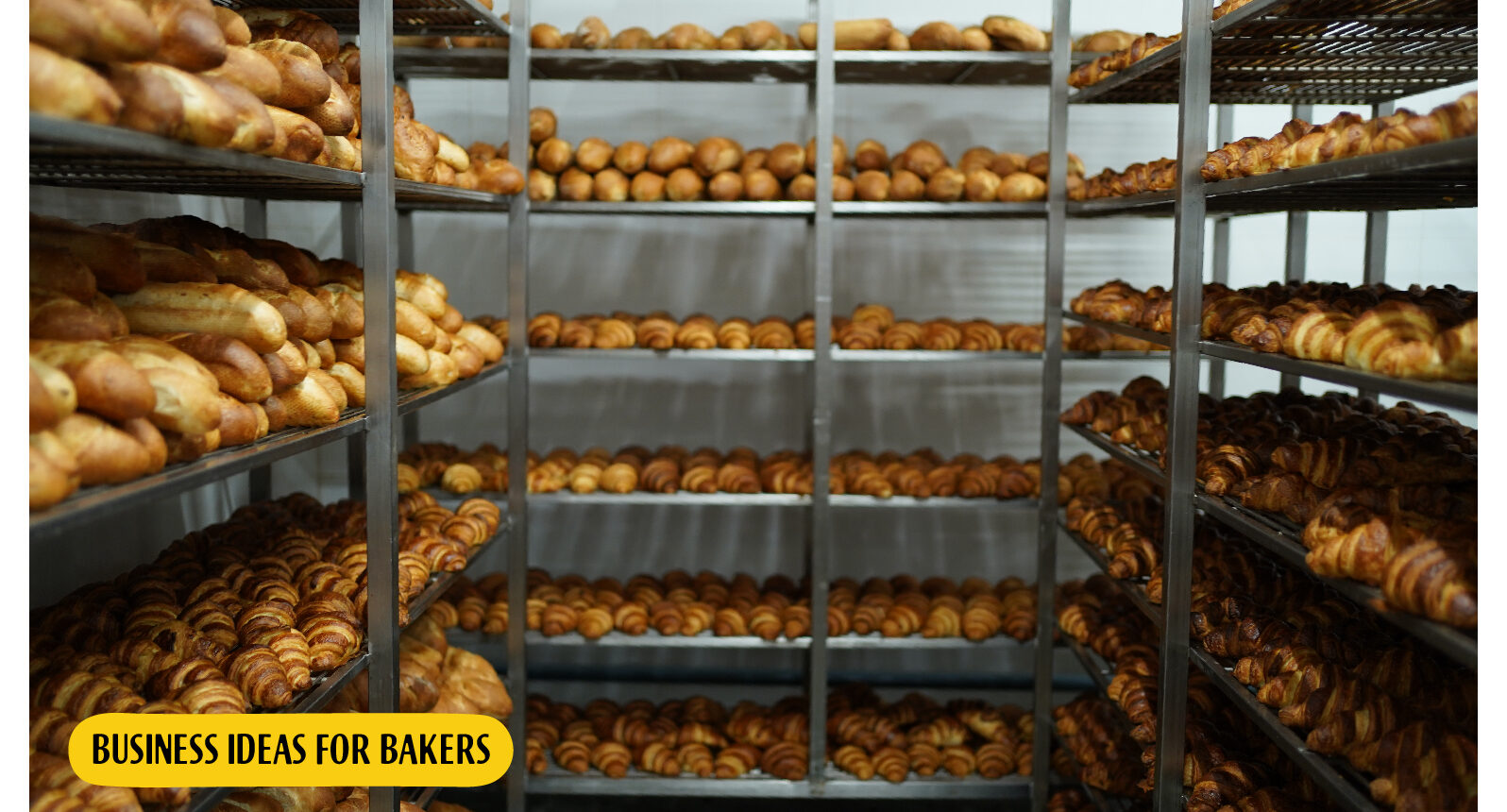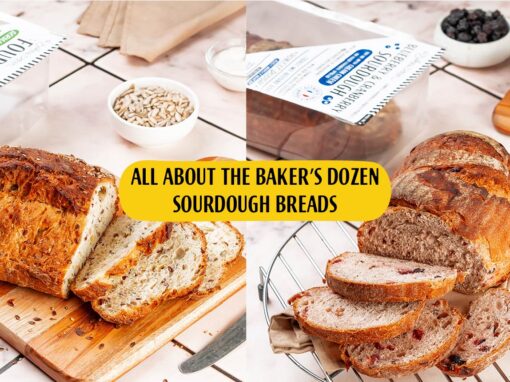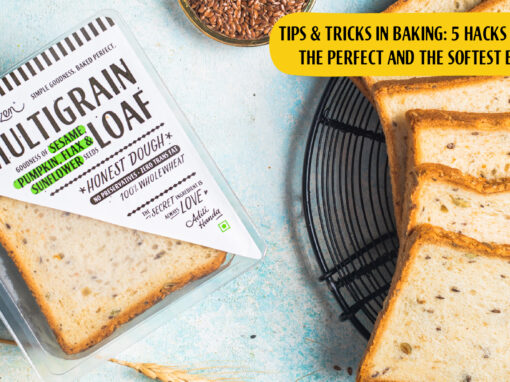Baked goods businesses have grown in popularity over the last few years, but actually, they’ve been around for a while. More recently, many entrepreneurs have started selling their cakes, cupcakes, and cookies from home and have grown into regular retail bakeries and even franchises.
When it comes to home baking, there are many different treats you can make including:
Cakes and cupcakes | Cookies | Brownies and bars | Pies | Muffins | Breads | Pastries | Biscotti | Dog Treats
Starting a home-based bakery might sound fun and easy to do – after all, you’re already baking. But there are a few pros & cons to running a home-based baking business that you’ll need to consider before baking your first batch of goodies.
Let’s start with some Pros first,
- Do what you love, assuming you love baking
- Creative expression. Perhaps you put a unique twist on your baked goods
- Easy to start. You already have a kitchen and knowledge of cooking
- There’s always a market for yummy baked goods
Now, time for some cons to home baking;
- Most states require that your baking equipment (i.e. mixers and spoons) and supplies (i.e. flour) be separate from your personal cooking use. In some cases, you’ll need a separate kitchen.
- While your family may love your cooking, your customers may not
- Competition might be tough and you’ll need to know how to stand out in the crowd
As against the home bakers, there are also types of bakeries that one may want to look at, when considering the baking business. So, primarily there are two types of bakeries ‘Retail and Wholesale’.
Retail bakeries
The most common type of bakery, and they are the bakeries that sell baked goods and breads directly to customers. Retail bakeries come in many different forms, and many of them specialize in one type of baked goods. It’s interesting to learn the various specific types of retail bakeries, let’s have a look at them.
- Bakery cafe: This type of bakery is a combination of a bakery and cafe, and they typically sell baked goods like breads, pastries, cookies, and more, as well as coffee and tea. Bakery cafes typically have a dining space where customers can sit and eat.
- Counter service: While counter service bakeries have a front-of-house, typically they do not have a dining space. Instead, they have a counter where guests can order freshly baked goods to take home.
- Bakery food trucks: Rather than using a brick-and-mortar store, food truck bakeries sell their products from a mobile truck. Due to the small space, many bakery food trucks do not actually bake in their truck, instead opting to bake their products ahead of time in a commissary kitchen or home bakery.
- Specialty bakeries: A specialty bakery typically focuses on one type of baked goods, such as wedding cakes, cupcakes, or gluten-free items. This type of bakery can excel because they offer niche products
- Home bakeries: This type of bakery is becoming more common, especially because you don’t need a lot of startup capital or culinary experience to start a home bakery. Home bakeries typically market their products online and then deliver them through the mail.
Wholesale bakeries
The other main type of bakery is wholesale bakeries. Rather than selling their products directly to customers, wholesale bakeries market their baked goods to businesses like grocery stores, restaurants, delis, and cafes.
Because wholesale bakeries have to meet the demands of commercial customers, they are typically larger than retail varieties. Additionally, because they don’t serve a typical clientele, wholesale bakeries don’t need to have a front-of-house or be located in a desirable, high-traffic area. But, they need to produce higher volumes of baked goods.





